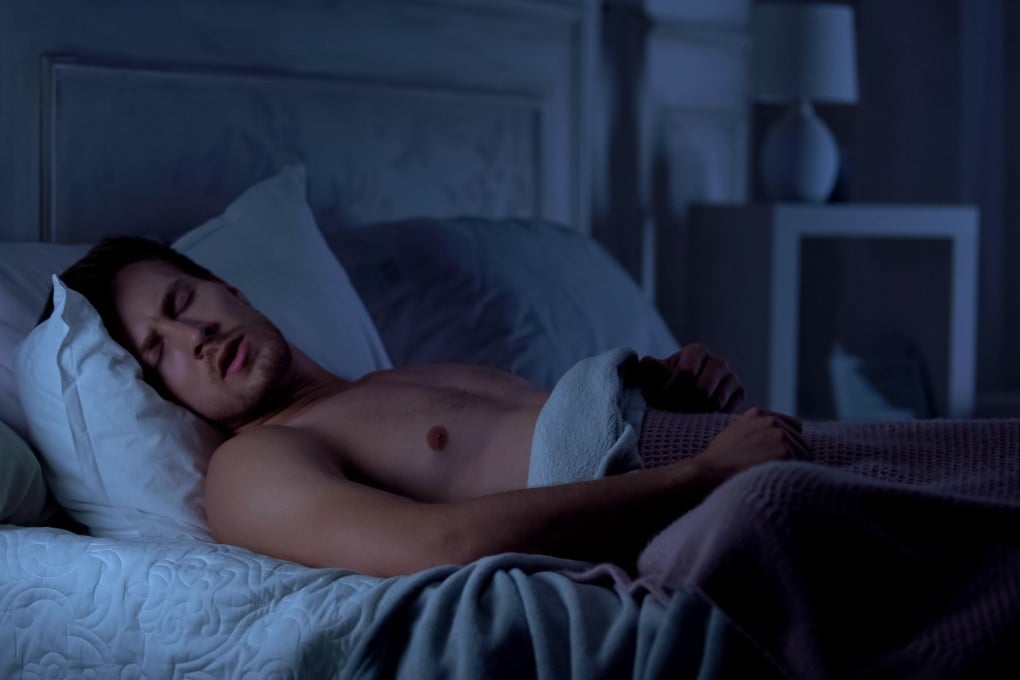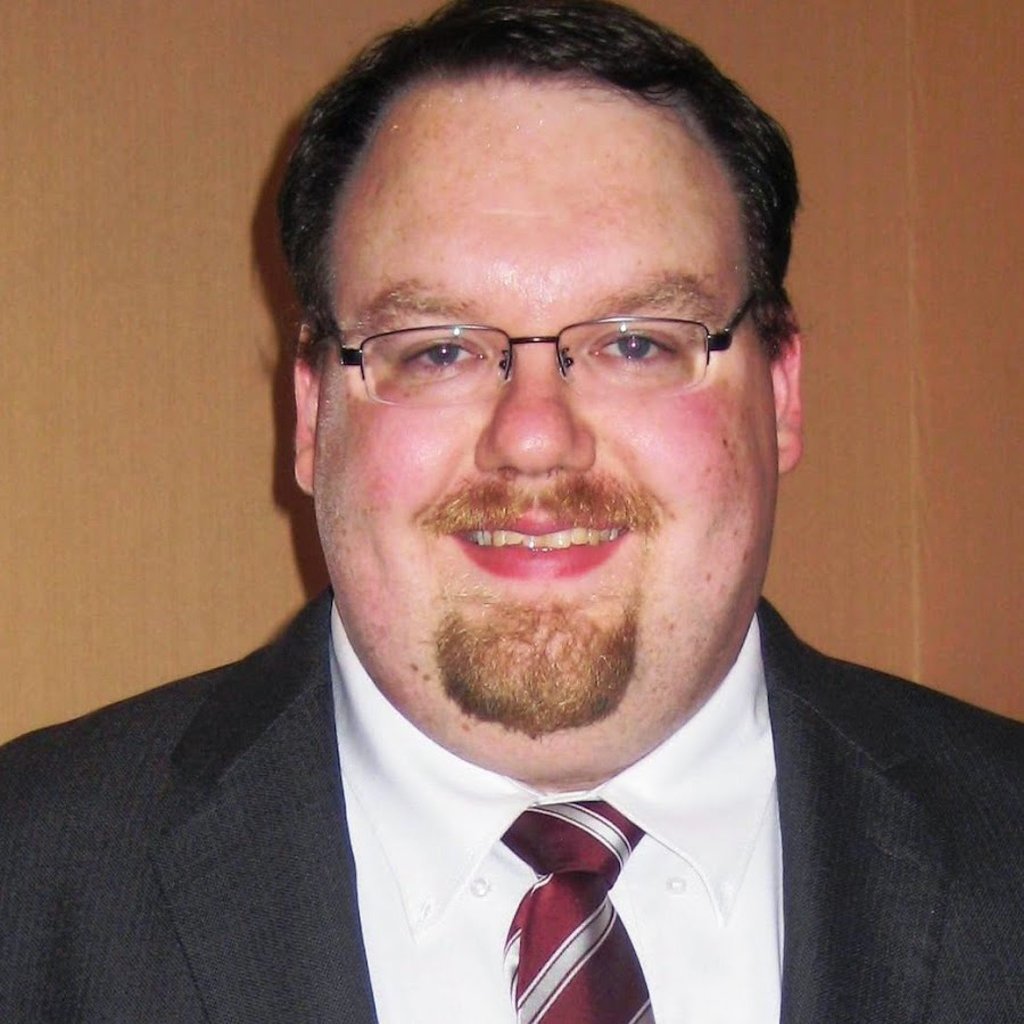Advertisement
How do you stop sleep talking or sleepwalking? An expert on the causes of sleep abnormalities and ways to prevent them
- Sleepwalking, sleep talking, and sleep eating are all abnormalities known as parasomnias that can occur during slow-wave, or deep, sleep
- Little is known about the cause of them, but experts offer tips for getting the best possible night’s sleep which, if followed, may prevent them from happening
Reading Time:3 minutes
Why you can trust SCMP
0

You awake in the wee hours of the morning to someone – your partner or child, perhaps – speaking aloud or mumbling incoherently while they are asleep. Or maybe you have woken someone else up while talking in your sleep.
But when morning comes, the talker has no recollection of it.
The medical term for abnormalities that occur during sleep is “parasomnia”. Behaviours such as sleep talking, sleepwalking, sleep eating, nightmares, night terrors and teeth grinding are all common forms of parasomnia.
Dr Michael Nadorff is associate professor of psychology at Mississippi State University, and president-elect of the Society of Behavioural Sleep Medicine based in the US state of Kentucky. He says there are two main categories of parasomnias: REM and non-REM.

Nightmares happen during rapid-eye-movement (REM) sleep, when the body is immobilised, Nadorff explains.
Advertisement